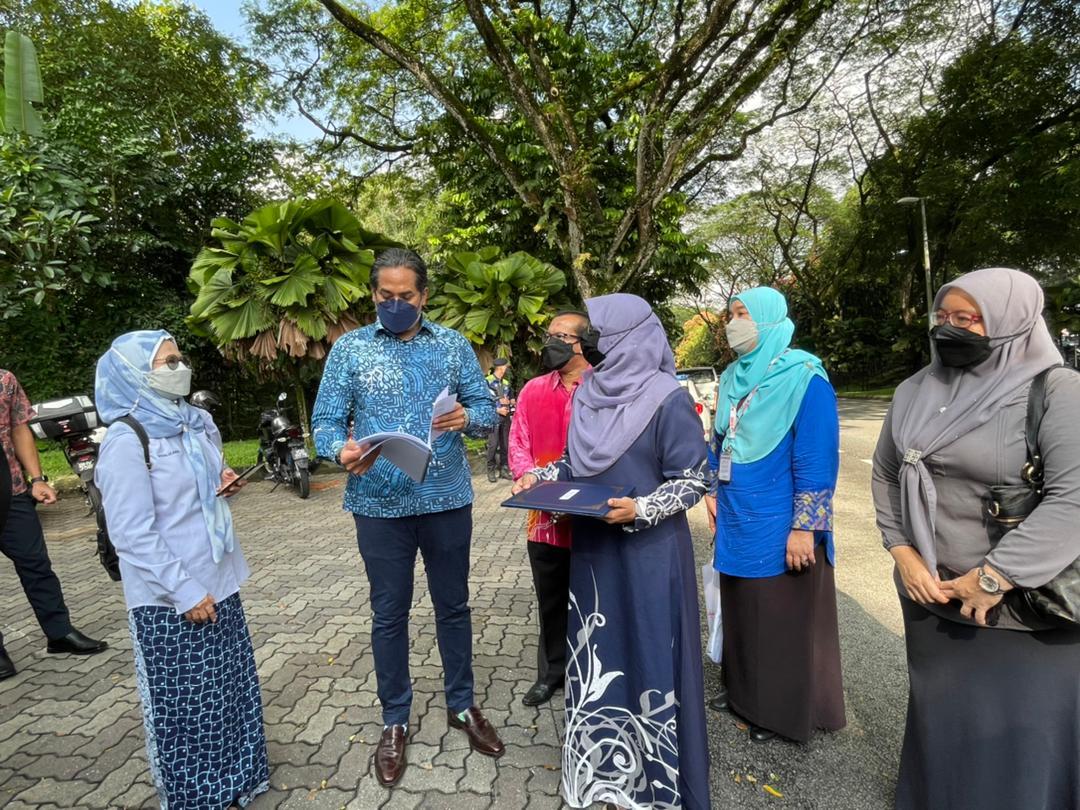KUALA LUMPUR, March 23 – Federal plans to outlaw smoking for the next generation may affect nearly 126,000 adolescents born from January 1, 2005, who smoke and will turn 18 next year, the current legal smoking age.
In 2016, a study by the Institute for Public Health (IPH) study on Tobacco and E-cigarette Survey Among Malaysian Adolescents (TECMA) among children aged 12 and below — defined as those born from January 1, 2005, onwards — found 125,714 children smoking conventional cigarettes and 62,306 children using electronic cigarettes or vape.
Health Minister Khairy Jamaluddin highlighted the data in the IPH study, in a written parliamentary reply on March 17, in response to Kota Kinabalu MP Chan Foong Hin’s question on the estimated number of adolescents born after 2005 who smoked.
Khairy recently said he would table the Tobacco and Smoking Control Bill, which proposes to ban smoking for future generations, in the next Parliament meeting in July.
Khairy tweeted his remarks after he received a memorandum from Green Lung Malaysia and IKRAM Health, together with 91 non-government organisations (NGOs), and medical and professional bodies, that support the minister’s plans to prohibit the sale of tobacco and vape products to anyone born from January 1, 2005.
In the Dewan Rakyat, the health minister cited another dataset by the Ministry of Health (MOH) from its Oral Health Without Cigarette Smoking (KOTAK) programme that showed there were 6,110 smokers among those born from January 1, 2005, onwards in 2018. The figure more than doubled in 2019 to 13,426 smokers, but declined slightly to 12,634 smokers in 2020.
No data is available for 2020 and 2021 due to home-based teaching and learning (PdPR).
Khairy said in order to introduce the new legislation, the MOH is taking several steps to ensure the success of the law when it comes to effect.
This includes reviewing implementation methods to ban the sale and possession of tobacco and other smoking products, including e-cigarettes or vape, to those born from January 1, 2005, by taking cues from New Zealand, the United States, and the Philippines.
The MOH is also engaging with industry players, NGOs, professional bodies, and other stakeholders who will be involved in the cohort smoking ban. Other measures include strengthening enforcement activities related to smoking bans and enhancing treatment services to help those who want to quit smoking.








